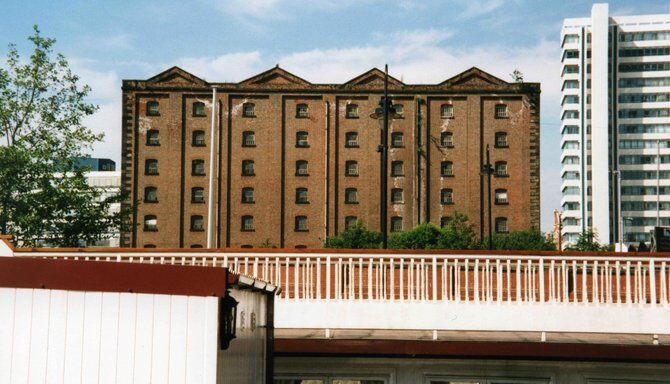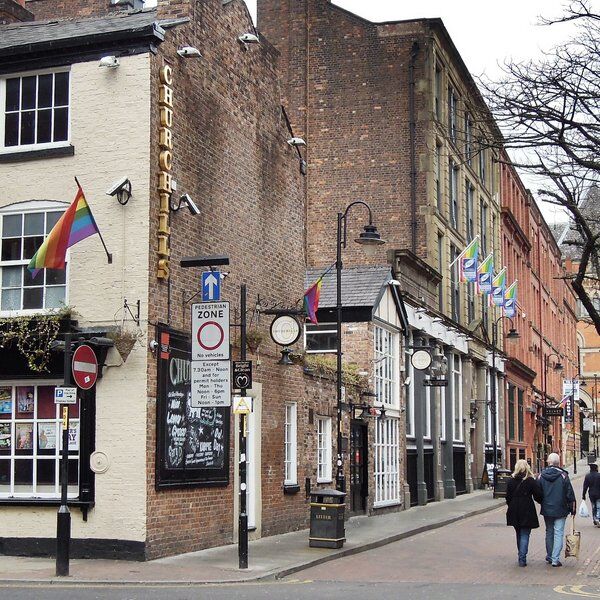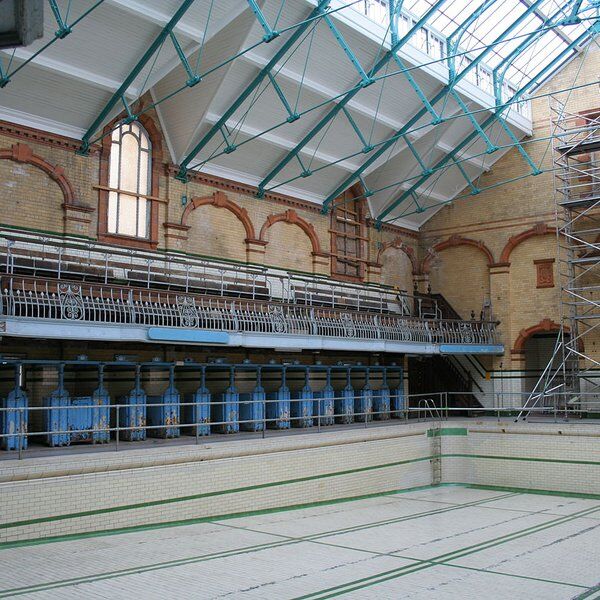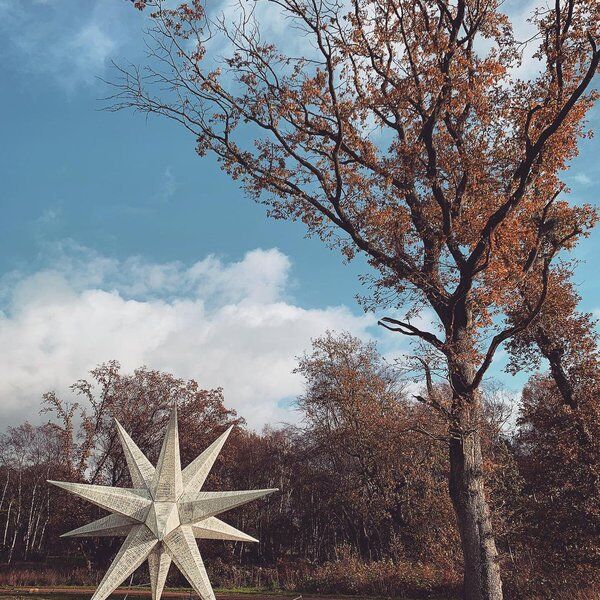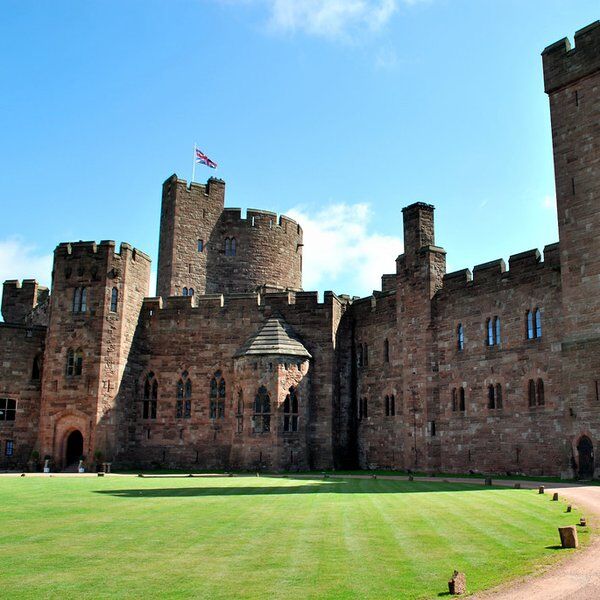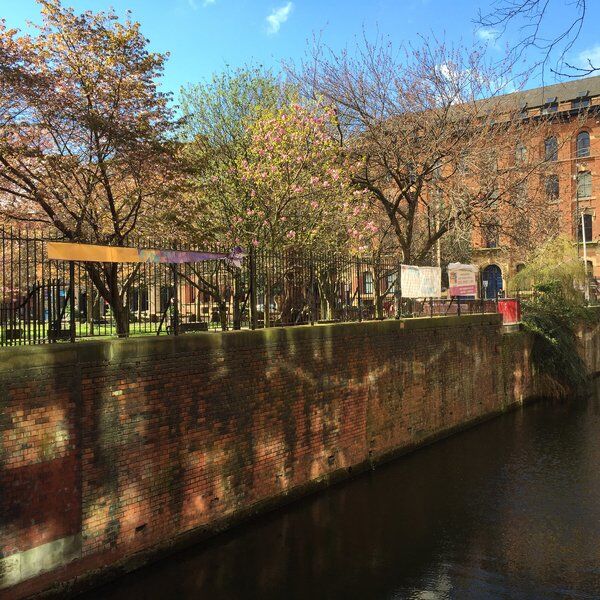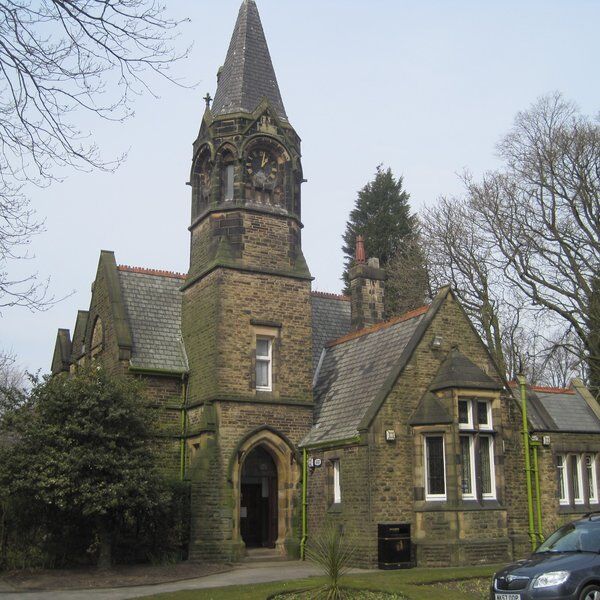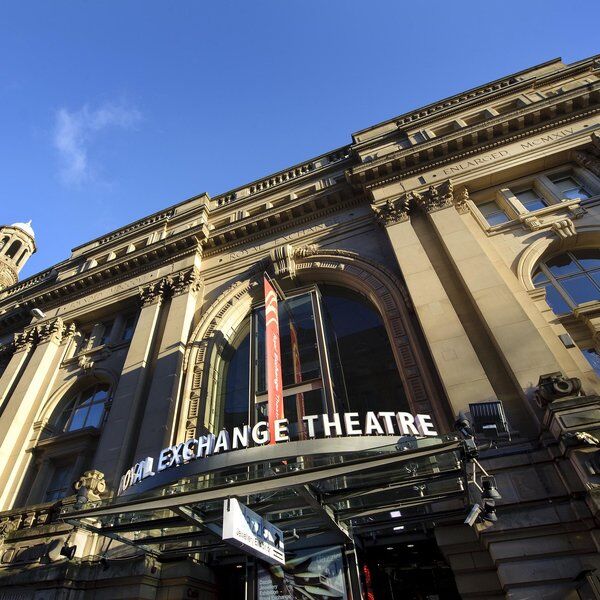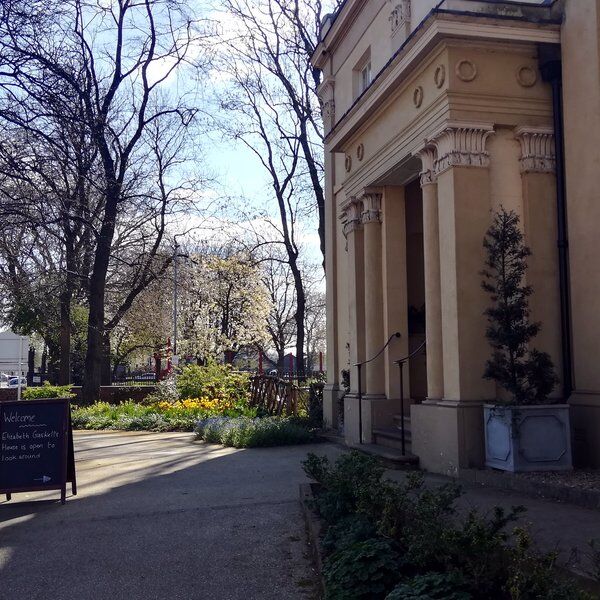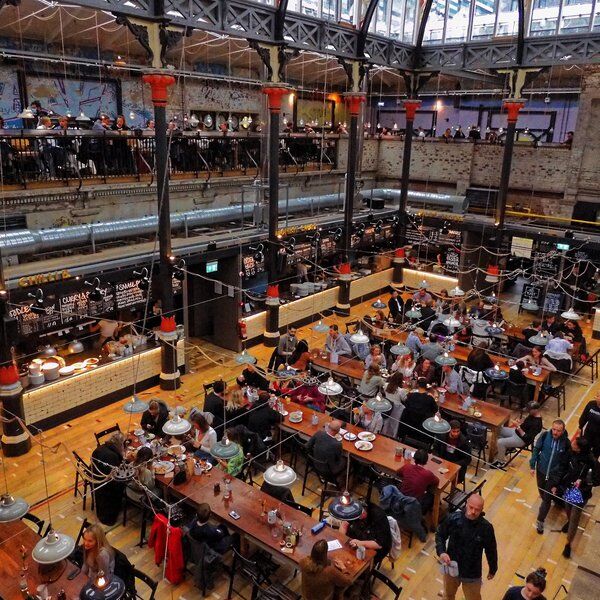Exploring the Ducie Street Warehouse: Reviving Industrial Heritage
“An aparthotel full of industrial character, with a great bar and rooms ranging from generous studios to palatial penthouses.”
Manchester is a vibrant cultural city with an array of architectural marvels that pay homage to its highly industrial past. Among these, the Ducie Street Warehouse provides a glimpse into this fascinating aspect of Mancunian history. The iconic Grade II-listed building, with its distinctive red-brick façade, is a former cotton warehouse located close to Manchester Piccadilly Station. However, while the Ducie Street Warehouse has its roots firmly planted in the past, its story continues to unfold in the present. Today the Ducie Street Warehouse – as part of the newly introduced Cultureplex on the ground floor – features a bar and lounge, co-working space, bistro, deli-counter, and even a mini cinema. Upstairs the building becomes the 166 stylish apart-hotel units belonging to Native Manchester that earned the building The Sunday Times 2019 ‘Best Place to Stay in the North of England’ award. Breathing new life into the Ducie Street Warehouse in this way has allowed the Victorian storehouse to become a trendy hang out in the heart of the city.
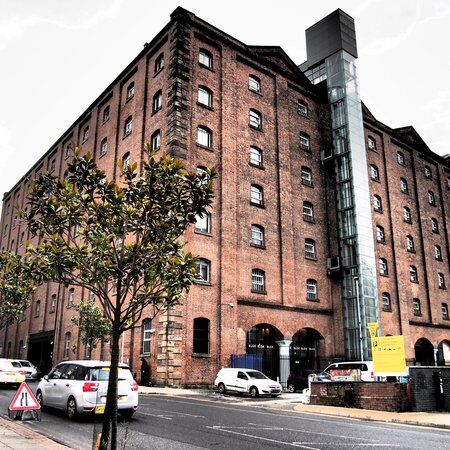
Ducie Street Warehouse History: A Legacy of Industry
Built in 1867, the Ducie Street Warehouse was originally designed by eminent architect Edward Walters. This imposing red-brick warehouse was constructed to serve the burgeoning cotton trade that fueled Manchester's reputation as the birthplace of the 19th century Industrial Revolution. Its strategic location a stone’s throw from the railway lines and Rochdale canal basin facilitated the efficient transportation of goods to London’s mills, contributing to the city's economic success and earning it the nickname: "The London Warehouse".
As one of four warehouses that originally belonged to the Manchester, Sheffield and Lincolnshire Railways (MS&LR) the Ducie Street building is the only one remaining. With much of its intricate architectural elements still intact – not to mention its name – the warehouse is a true representation of Manchester’s heritage. Despite retaining these exterior details over the years, its interior purpose has since outgrown its history and as of 19th September exists as the latest Native aparthotel.
Architectural Grandeur
“This has been an extraordinary opportunity to take one of the great icons of Manchester’s industrial past and turn it into a major cultural and social destination for the city.”
The 180,000 sq. ft, Ducie Street Warehouse is a prime example of Victorian industrial architecture, characterised by its robust construction – particularly its wide cast-iron columns supporting large riveted wrought-iron girders, cast-iron floor joists and brick barrelled ceilings. Reimagined by David Archer, of Archer Humphries Architects the building's symmetrical design, punctuated by rows of large windows (including the new glass roof above the central atrium) and decorative elements, captures the essence of the era's utilitarian yet aesthetically pleasing style. The building's red-brick exterior, now weathered by time, exudes a sense of character and authenticity that resonates with history enthusiasts, architecture aficionados, and everyday passersby.
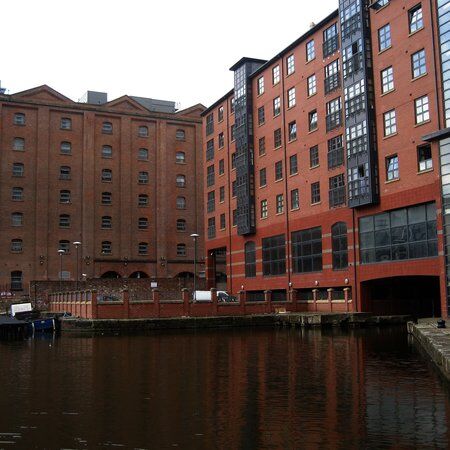
Staying at the Ducie Street Warehouse
"The building is gorgeous and the entire thing is going to be beautiful, without question, but without people in it, it's nothing. It has to speak to people in the right way."
The warehouse's most prominent reincarnation is as the home of a boutique aparthotel, combining the allure of history with the comforts of modern hospitality. There are 158 units comprising studios, one and two-bed suites and 8 additional penthouse rooms in the warehouse. They each have a fully equipped kitchen, lounge area complete with smart-TV, and spacious bedroom/s with super king-sized beds. On the 7th floor private garden terraces offer panoramic views out over the city.
The hotel's interior design bears witness to the building's industrial past, with exposed brick walls, original wooden beams, solid oak parquet floors, and vintage-inspired furnishings. But the powder blue painted steel beams and gold and metal details set light to the space in a stylish and chic modern twist.
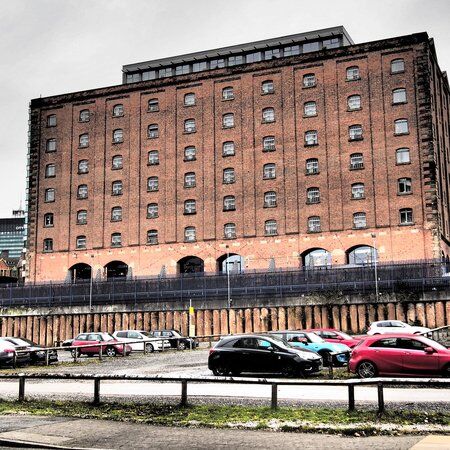
Beyond Accommodation
“This has been an extraordinary opportunity to take one of the great icons of Manchester’s industrial past and turn it into a major cultural and social destination for the city.”
The Ducie Street Warehouse isn't just about accommodation however; it also incorporates two other businesses, alongside Native Manchester that make it a hub of activity for its residents and visitors. Featuring an array of fun and practical businesses sharing the space you’d be forgiven for never leaving the Ducie Street Warehouse!
CulturePlex
With accommodation spread over 6 floors, the ground floor is home to an all-day lounge, mini-cinema, Klatch coffee shop and other dining establishments, private rooms for business meetings, and an outdoor terrace. The space, managed by Bitrotheque, also hosts workshops, DJ events, and even weddings.
Blok
Blok is a workout space located alongside CulturePlex on the ground floor of the Ducie Street Warehouse. Set across three studios, Blok caters to yoga and other classes, cardio sessions, and has a fully functioning gym. So there’s something for all preferences and abilities.
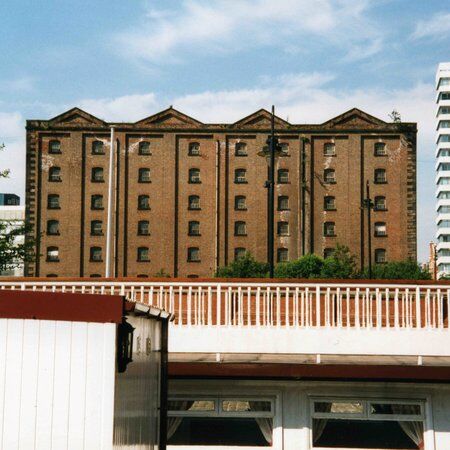
Visiting the Ducie Street Warehouse
To visit the Ducie Street Warehouse, first, ensure you have made any necessary reservations or appointments in advance, as access may be limited or require prior arrangements. Located in the heart of the city, plan your transportation accordingly, whether it's by car, public transit, or on foot. Once inside the different offerings, from culinary delicacies, to events spaces and workout classes, gives the warehouse a community feel and you can see how tourists and visitors alike return to the space day after day.
Interested in finding more places like this? Try one of our CityDays Manchester Treasure Hunts - untangle cryptic clues as a team, as you are taken on a journey to the most unique, unusual and bizarre corners of Manchester.
